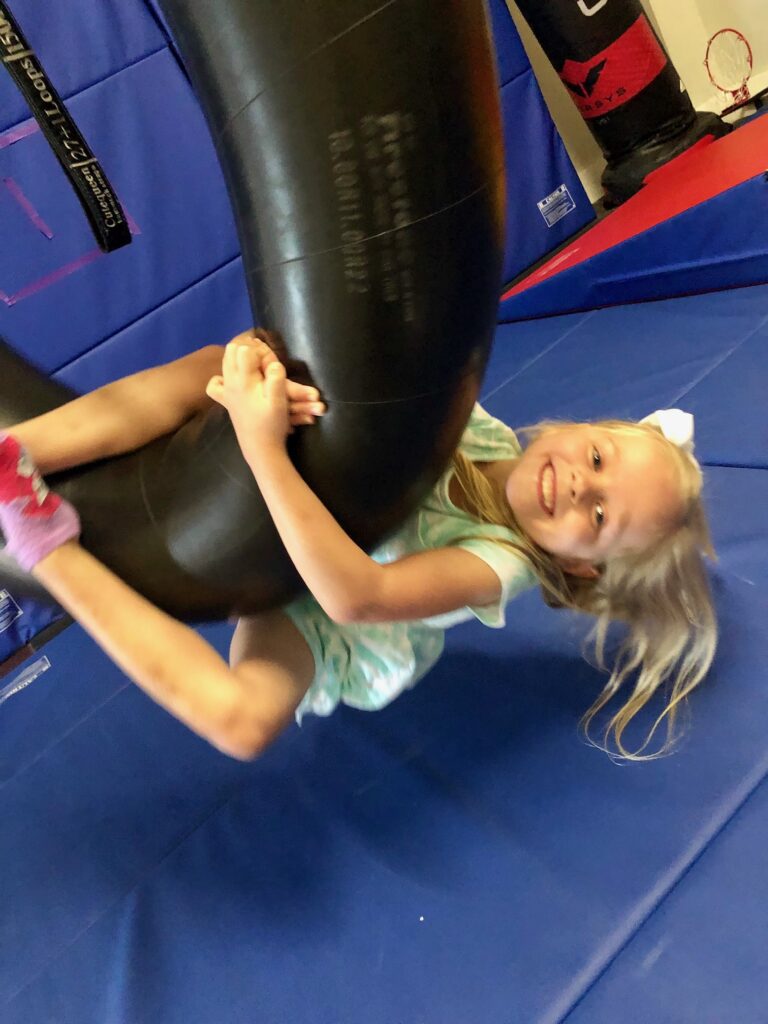What is emotional-regulation?
Emotional regulation, or self-regulation, is the ability to monitor and control one’s own behavior, emotions, or thoughts, and match one’s internal environment to the demands of the external environment. Regulation encompasses neurological processes that enable one’s ability to effectively interact with their environment in a purposeful way. The two components of self-regulation that facilitate the development of this skill are cognitive self-regulation and socio-emotional self-regulation. The cognitive aspect refers to the ability to reflect on oneself, think ahead, and plan.

What skills are required to have self-regulation?
Mastery of the cognitive aspect includes monitoring one's own thoughts and behaviors, based on internal body cues as well as monitoring their own thoughts. The socio-emotional aspect of emotional regulation is the ability to inhibit negative responses and delay immediate gratification. Socio-emotional mastery of self-regulation enables us to maintain control of our bodies in both positive and negative situations. For children, self-regulation allows children to sit and learn during academic time, and to play turn-taking or competitive games, effectively.
How do the Occupational Therapist at MPPT help with self-regulation skills?
Our Occupational therapists can facilitate the development of self-regulation a variety of ways; through organized sensory strategies, teaching mindfulness, abdominal breathing, social stories, labeling emotions, and matching physical sensations or what our body looks like when we are experiencing an emotion. OT’s can also assist parents and caregivers with strategies to use at home, and recommend other related services, if applicable.
